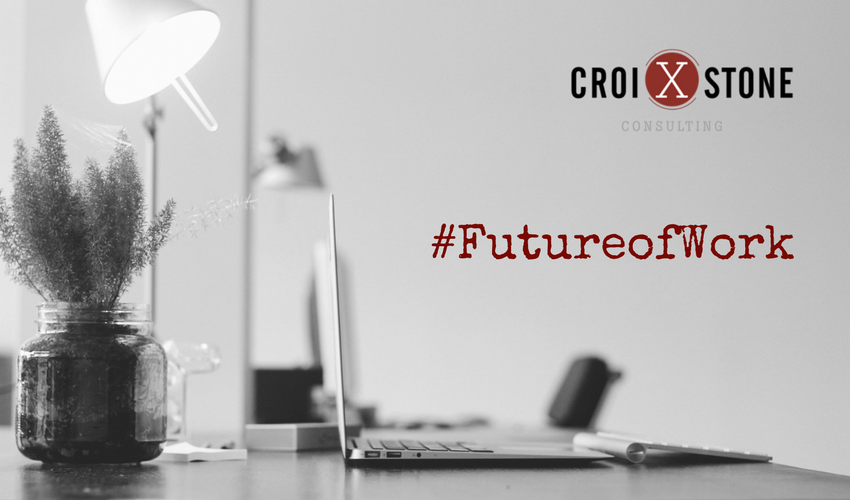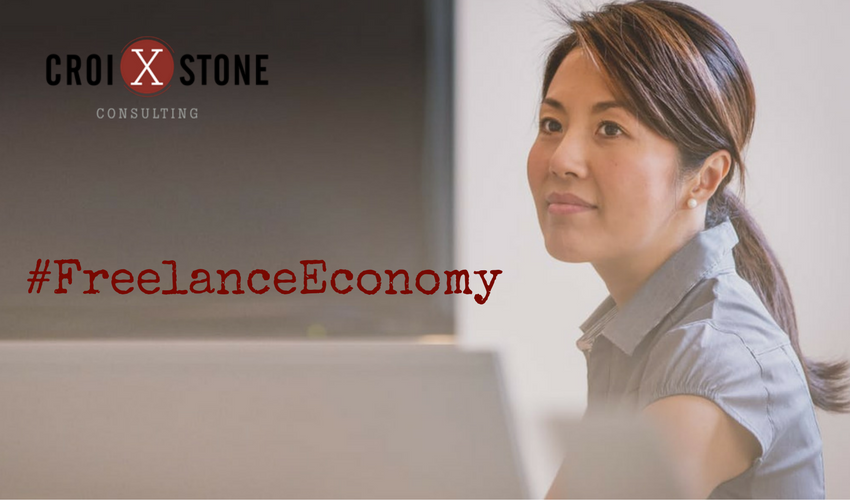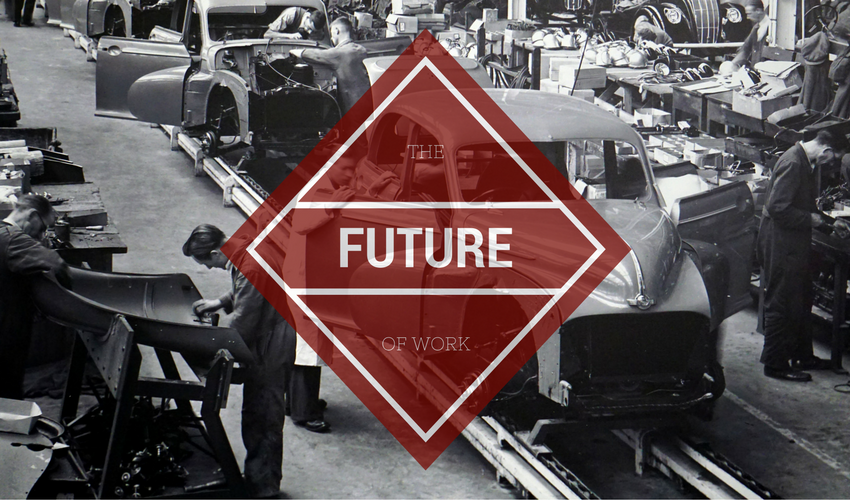Keeping Up With Digital Transformation
Digital transformation has by now made its way to nearly all industries, and therefore, it comes up in Croixstone’s conversations almost daily. Why is digital transformation so important? Quite simply, if organizations don’t modernize and become fully digitalized then they will be left behind and the threat of disruption becomes very real. With companies investing millions to digitalize their businesses, they are hoping for outcomes that will increase revenue, reduce cost, create more products and services, improve customer satisfaction, enhance differentiation, and ultimately mitigate the risk of digital disruption.
Regardless of your area of expertise, digital transformation will impact everyone. Companies are looking for change drivers to help them weed through the digital transformation myths, create a culture that makes data-based decisions, and sift through an avalanche of digital initiatives to reshape their organizations.
Read about a new practical guide to a successful digital transformation here.
Learn some insights into helping your C-suite understand digital transformation here.
See how three companies are thriving with digital transformation here.







